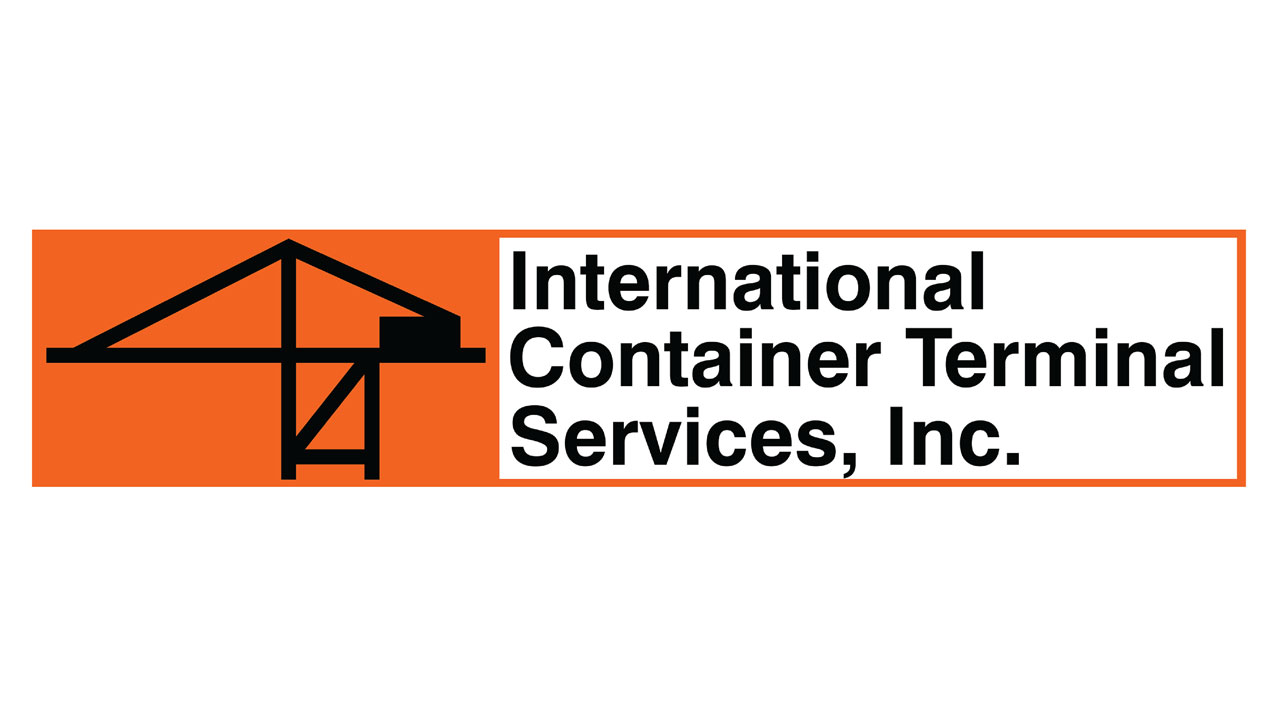GHG regulations and focus for PSC According to DNV, different PSC areas are currently scrutinizing the NOx Technical Files and the Record Book of Engine Parameters to ensure the records align with the on-board installations. This has resulted in several detainable deficiencies being issued during regular PSC inspections in recent months.
PSC Officers may also check available spare parts to verify if their IMO IDs match the Technical Files, says DNV. Any non-compliance might trigger a more detailed PSC inspection. In case of doubt, PSC Officers might also request partial disassembly of diesel generators for more thorough inspection.
The main grounds for past detentions were missing Technical Files or Record Books of Engine Parameters, and engine parts lacking the IMO identification number as per the Technical File onboard. During follow-up of detainable deficiencies, DNV experts noted that misunderstandings and missing instructions onboard were often the reasons for deficiencies, which could lead to vessel detention.
Prepare for PSC inspections Based on the above, DNV offers the following guidance:
- NOx Technical Files and Engine International Air Pollution Prevention (EIAPP) certificates must be available onboard in their original form. Please note that for documents issued digitally, PDF files represent the originals. • When there is a change of shipowner, care should be taken to ensure that these documents are handed over. If NOx Technical Files are missing, the owner should contact the engine manufacturer to obtain new documents. Missing certificates may be reissued by DNV. • A Record Book, or electronic Record Book, of Engine Parameters is used with the engine parameter check method to document all parameter changes, including component replacements, like-for-like replacements and engine settings, which may influence the engine’s NOx emissions. These descriptions shall be supplemented with any other applicable data used for the assessment of the engine’s NOx emissions. In principle, checking the record book is the first step for the surveyor in applying the parameter check method. This is to verify that engine parameters are within the allowable range specified in the engine’s Technical File. • The form and content of the record book is not defined. Some technical files contain templates. However, at a minimum, the date, component and old and new ID numbers should be entered, as well as changes or verifications of settings. • In case of missing or incorrect ID numbers, the shipowner should initiate corrective measures. A reasonable period should be allowed for this. In case of incorrect ID numbers, the shipowner should contact the engine manufacturer to check if approved amendments to the NOx Technical File allow the use of the components. • An inspection of the engine components and adjustable features shall be conducted as necessary. The results of this inspection, along with the documentation review, will verify that the engine’s adjustable features are within the allowable range specified in the Technical File. The surveyor may choose to check any or all of the identified components, settings or operating values.



